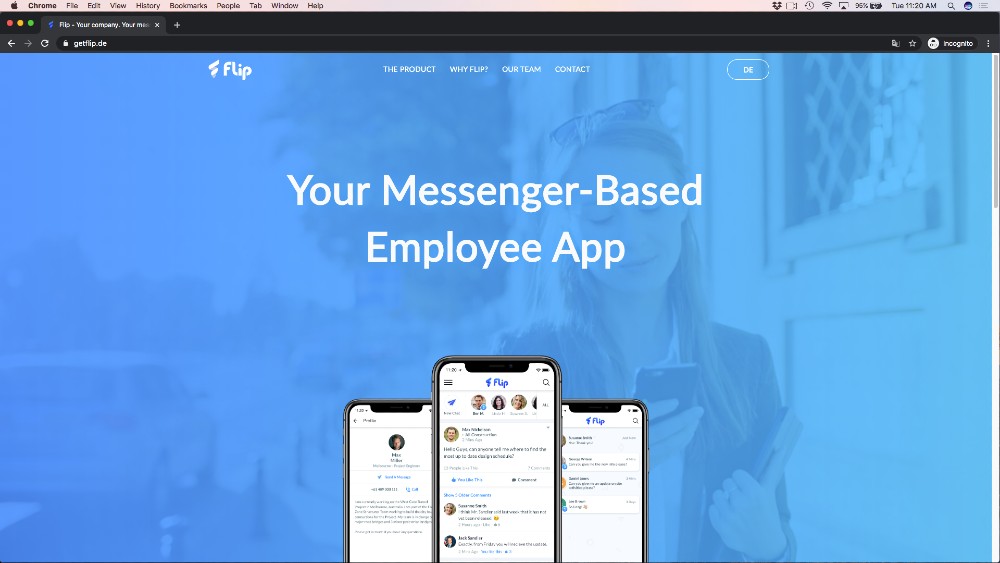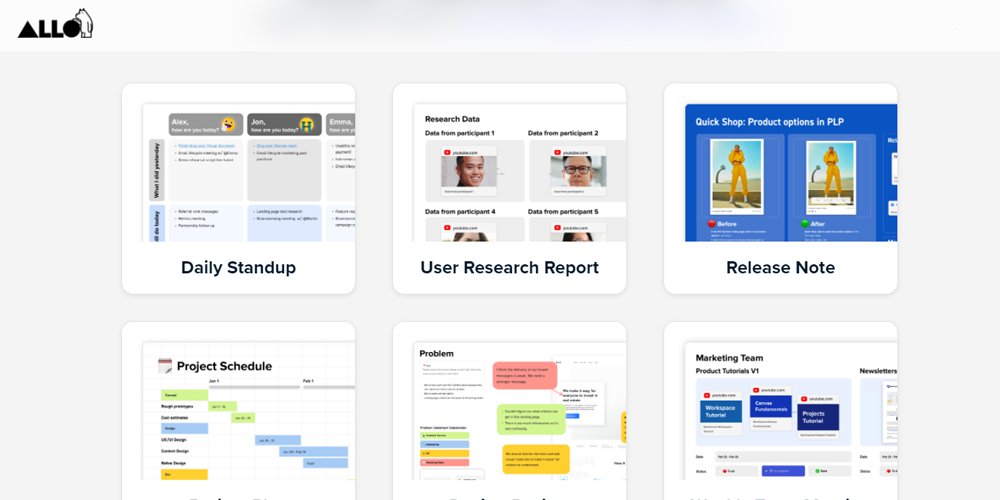It’s insane how many chat programs there are out there.
There’s iMessage/texting, Slack, Facebook Messenger, Instagram Direct Messaging, WhatsApp, Snapchat, and so much more. But one thing I think is pretty comical is chat trends within businesses and how this kind of software has affected the market.
To give some background, about 2 decades ago, chat was incredibly popular. You probably remember AIM (AOL Instant Messenger). This was the first online chat tool I used to stay in touch with friends, family, and colleagues.
In the late 90s all the way through the 2000s, chat was the thing – all the cool kids did it. Of course, most programs were pretty primitive in the early years, only offering group chat and direct messaging.
Despite their popularity, though, chat systems had a brief moment where they faded into the background, which lead to an eventual closure of otherwise popular chat software. Most recently, AIM, which had been holding on by a thread for years, closed after 20 years.
Now, it makes perfect sense why AIM closed. They weren’t able to compete with other devices that had similar built-in programs, like Apple’s iMessage. Eventually, desktop chat’s popularity became a thing of the past. But now we’re seeing a mass resurgence of chat features as businesses and marketers-alike realize the immense power chat software has in a variety of applications.
For example, in the newest wave of online retail selling (eCommerce), which has quickly become a flooded market, companies are looking to differentiate themselves by not only providing your average support (email and phone) but also by including customer-facing chat software, like Zendesk Chat (previously Zopim) and LiveChat, for their customers.
eCommerce is growing in popularity pretty quickly, and given recent trends where businesses are focused on immediate assistance, it only makes sense why they’d consider utilizing chat to assist their customers, and in turn, earn more sales.
But, although this background gives you some color to the history of chat and messaging software, that’s not exactly what this story is about.
In recent years, especially during the explosion of startups, it has become incredibly clear that companies can easily become tangled in their own company structure.
Sometimes companies hire off shore, sometimes they hire remote workers, and sometimes they simply have departments that are so separated, they never communicate with each other. For example, when I worked at Apple in Austin, Texas (2013-2014), in a large building with 4 floors and thousands of employees spread out all over, it was critical that I kept in touch with my immediate co-workers and other departments.
Apple’s solution (an elegant one at the time) was to suggest we use their native messaging software, iMessage, but even then, I noticed some serious drawbacks. Aside from the many missing valuable features, such as the ability to connect productivity applications (or any applications for that matter) and create more robust, specific group chats, the tool just didn’t feel like something we should be using in a corporate setting, let alone a startup.
And that’s around the time I started to notice new chat software, like Slack, enter the world – software that would improve communication between departments and co-workers, as well as offer the ability to connect important tools via API and, eventually through “app marketplaces”. The shift to app marketplaces was a great one, too, because before it existed (created in 2015), you had to be a developer to make apps work with the tool.
Because of all of this functionality, and the extreme need to stay in touch with all sorts of people that relate to your company or job, Slack has quickly become the chat provider. So much so that it’s now basically a household name and is being expanded to support like-minded communities, like what’s shown on the Medium.com site. In fact, I can confidently say that chat has come full circle in its popularity, for all sorts of applications.
But with Slack growing at an exponential speed (it’s in Silicon Valley’s hall of fame as the fastest growing business app), I’ve often wondered if there are any tools out there that could compare. So far, I’ve not found one, but a recent announcement by Tech Crunch proves that there are other companies out there who are trying to enter the company communication market. One such company, Flip, who is run by CEO Benedikt Ilg, is a Germany-based employee communication application that may fit the bill.
The company was founded in 2018 and received a whopping $4M in funding. They aim to connect employees and teams through their robust application, which offers features such as a personalized business-related news feeds, employee-specific profiles, cross-platform support, personalized branding, and of course, chatting via their messenger tool. They also brag about their security features, an ever-growing concern amongst most business owners.
According to their website, the company employs 19 people and a pretty adorable dog named Hazel (Chief Happiness Officer). It doesn’t look like the app is readily available to the public yet, but I can only hope it will be soon, as they start to use their funding, which was meant to hire more employees and to expand in general.
According to Tech Crunch, “The startup has now secured customers including Porsche, Bauhaus, Edeka, Junge IG Metall and Wüstenrot & Württembergische. Parts of Sparkasse and Volksbank are also among the customer base. Deutsche Telekom is also a partner.”
Needless to say, once this application becomes available, I’ll definitely test it out to compare to my current toolset, which mostly consists of Slack and associated apps/connections.
With any company, communication between departments is crucial to keep all aspects of it working like a well-oiled machine.
Rachael Olan is a Texas-based Staff Writer at The American Genius and jack-of-many-trades. She's well known for her abilities in Marketing, Sales, and Customer Service, with a focus on SaaS and eCommerce businesses. Outside of writing, Rachael spends much of her time with her swarm of pets, including a 70 lb tortoise named Frankie.









































